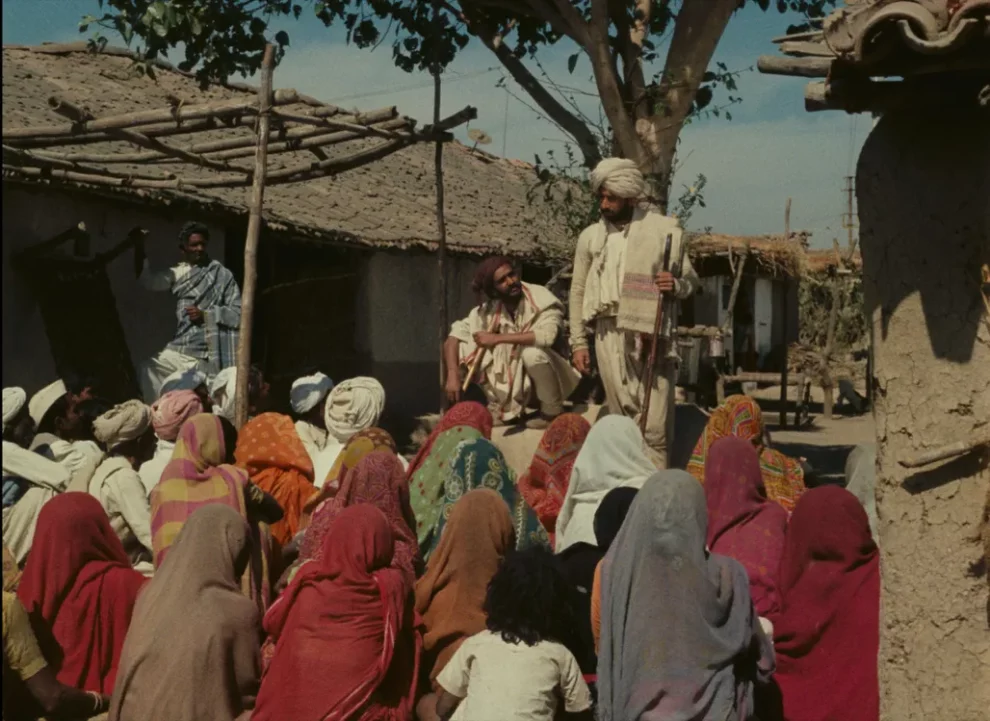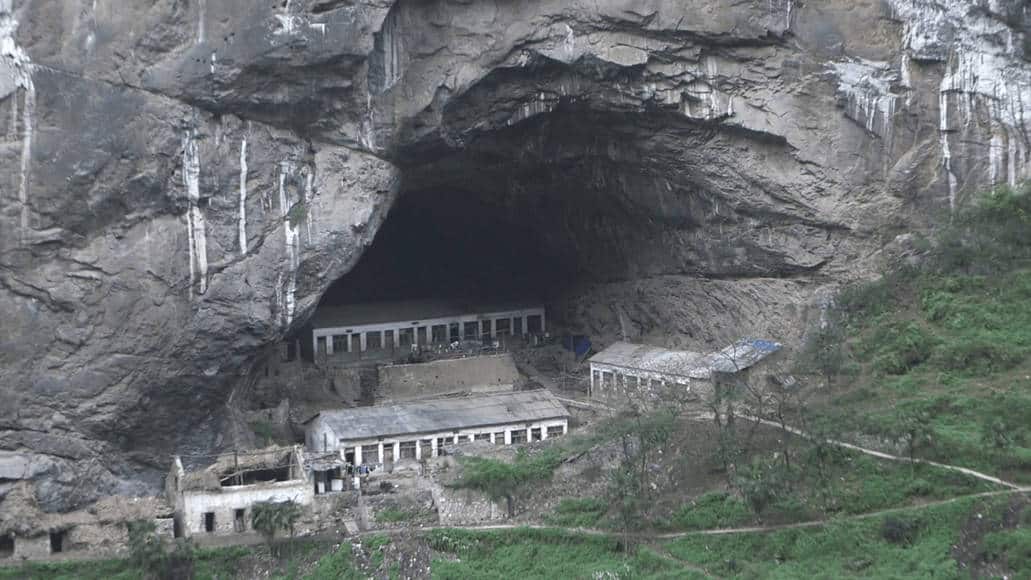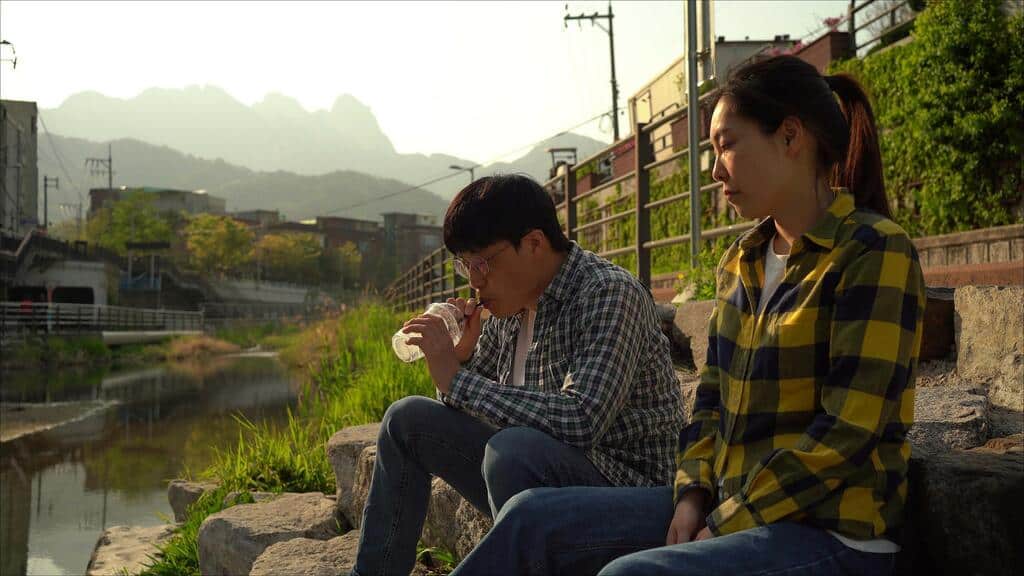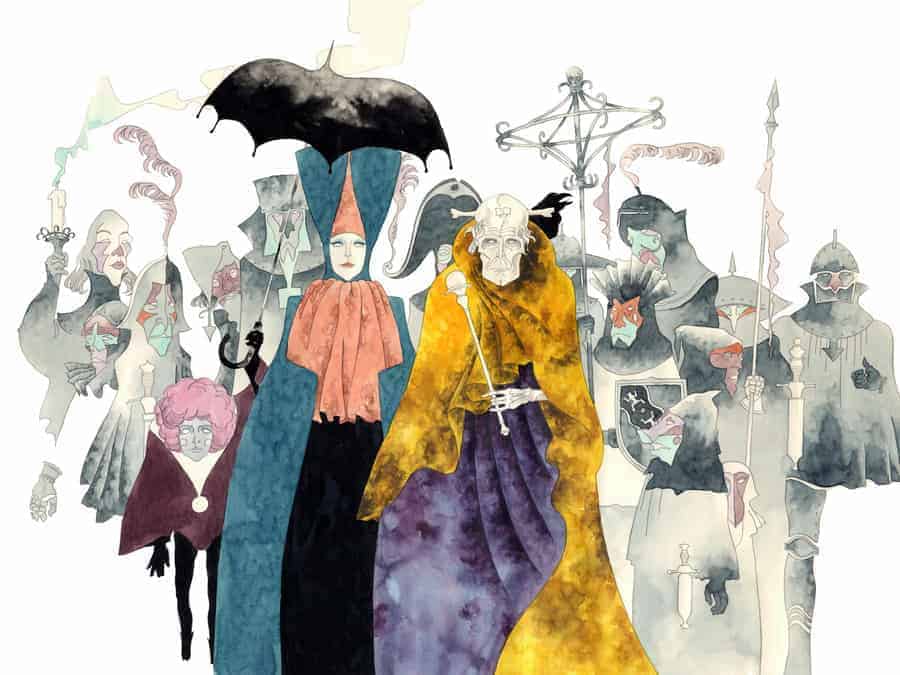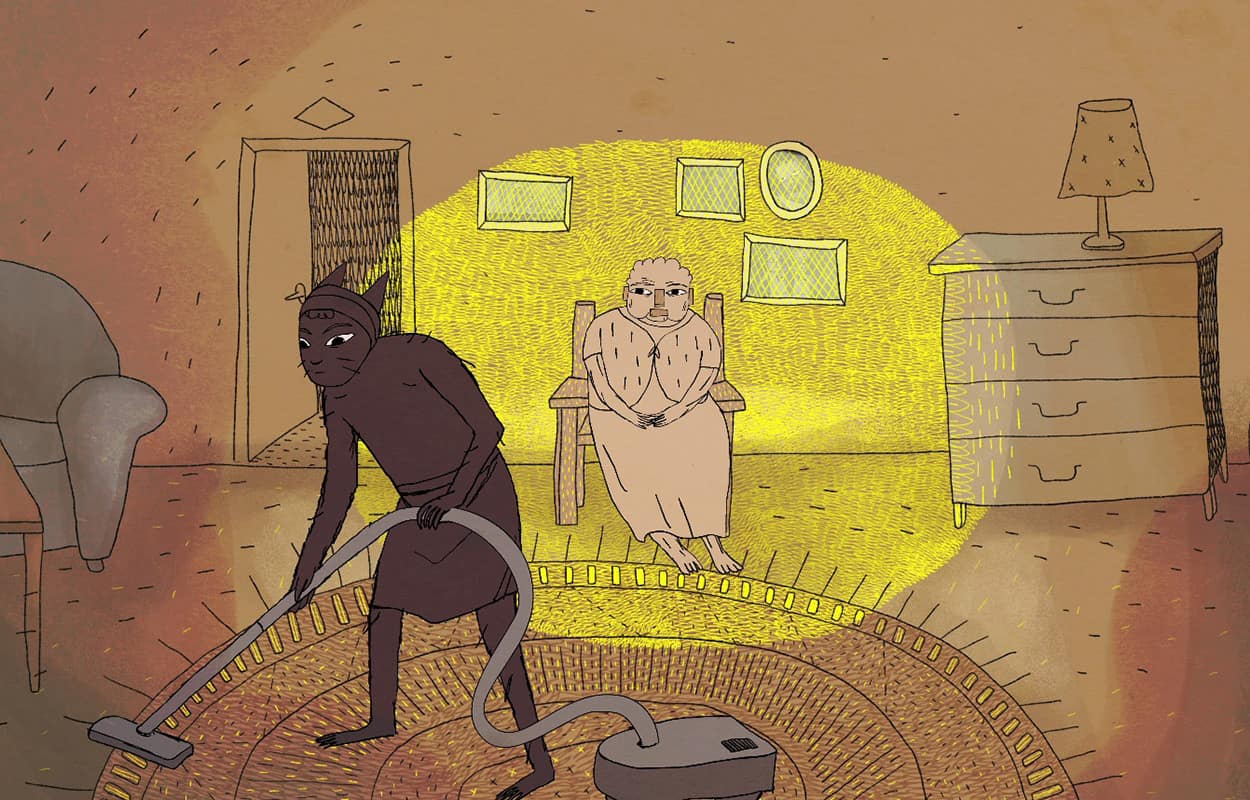“Manthan” is a landmark for Hindi cinema for a number of reasons. For starters, it was the first film in the world to be produced not by a single production house, but the farmers of the Gujarat Cooperative Milk Federation who contributed Rs.2 each for the production of the movie. Furthermore, it is based on a story written jointly by Dr. Verghese Kurien (the Father of the White Revolution in India, which propelled India to become the world's largest milk producer, accounting for about 22% of global production) and director Shyam Benegal. The story actually takes place during the White Revolution (also known as Operation Flood), whose impact extended to uplifting the living standards of rural communities, to empowering women farmers and ensuring self-sufficiency in dairy production, marking a significant milestone in India's agricultural history. As such, the script actually focuses on a case that highlights the issues the people who started the program faced, particularly in rural communities.
The film went on to win the 1977 National Film Award for Best Feature Film in Hindi and National Film Award for Best Screenplay for Vijay Tendulkar, and was also the Indian submission for the Academy Award for Best Foreign Language Film for 1976.
Manthan is screening in Cannes International Film Festival

Dr Rao, a young vet (who was actually inspired by Dr. Verghese Kurien) with his team of Deshmukh, Chandravarkar and a few others, arrives in a village in Kheda district Gujarat, in order to convince the locals, whose chief occupation seems to be cattle-rearing and producing milk, to start a dairy cooperative. The problems, however, start from the beginning. Mishra, an entrepreneur who has established a monopoly in milk distribution, is where all farmers take their milk, while receiving rather low amounts, based on the weight of the product and not its fat content, which is what actually determines its quality. This has led them to put water in before they sell, although not even that is enough for them to get decent money. Expectedly, Mishra, who also controls the political setting of the area, is not exactly eager to allow Dr Rao's innovations.
Furthermore, the area is rather segregated, with the Dalits, the lower caste, being exploited left and right, which has led their leader, Bhola, harboring deep anger and resentment towards the higher classes, and expectedly, not trusting Dr Rao. At the same time, Bindu, a young woman with a child whom her husband has supposedly abandoned, is the leader of the local village women, and has similar issues with Bhola. Gradually, the newcomers manage to overcome many of the issues by showing their new, fairer, and most productive ways to the villages, but things take a turn for the worse when personal issues arise, while the Doctor finds himself attacked from all sides, on a personal level.
Shyam Benegal directs an excellent movie which manages to combine documentary-level realism (and information) with impactful drama, through a narrative that unfolds in a number of ways. The initial effort to make a change unfolds also like a social drama, highlighting the issues the connection between the Capital and politics brought to anyone who was outside the particular circle, and the intense segregation of Indian society, with the caste system rearing its ugly face almost constantly. The place of women in society is also commented upon, while Benegal presents accurate and clear info on both milk production and distribution, and how the cooperative could change the particular environment, and subsequently, society.
As the newcomers, however, become part of the local society, the movie becomes another kind of drama, with Dr Rao finding his dissatisfied wife coming to Kheda district since he has been gone for so long, essentially pressuring him to go back. That he finds himself in the middle of his purpose and his marriage is just the beginning of his problems, as the presence of Bindu complicates things. Furthermore, one of his associates finds himself in even deeper trouble, while by the end, the Doctor also has to face the judicial system, on a personal level. This aspect is the main source of drama in the movie, but at the same time, and including the elections, sheds light on the judicial and electoral system in the country, which, at the time at least, seemed to be equally rigged.
In general, the movie follows an intensely episodic approach, with a huge amount of events taking place, involving the many protagonists that appear throughout the story. The whole thing, though, never feels convoluted and overbearing, both due to the excellent editing by Bhanudas Divakar, who implements a rather fast pace throughout, and the fact that the script and direction are top notch. That there is no scene wasted or lagging is a testament to the fact and “Manthan” definitely feels much briefer than its 134 minutes. Govind Nihalani's cinematography is on an equal level, with him portraying the main aspects of the local society with artistry and realism, without any particular exaltations that would move the focus away from the context.
Girish Karnad as Dr Rao gives an imposing performance, with him having to exhibit a series of different psychological statuses and doing so in convincing fashion, with his transformation from a somewhat naive idealist to a disillusioned man being among the best aspects of the movie. Smita Patil as Bindy manages to look both dangerous and vulnerable, occasionally at the same time, and is in general, a rather impressive presence. The one who steals the show, though, and essentially the one the embodies what director and scriptwriter wanted to say with this movie is definitely Naseeruddin Shah as Bola, who has the most demanding role and delivers in flying colors, with the finale being the moment he shines the most.
“Manthan” (or “The Churning” as it is also known) is a truly great film, which manages to combine documentary-level realism, impactful drama, and a truly multileveled narrative that remains entertaining from beginning to end.


